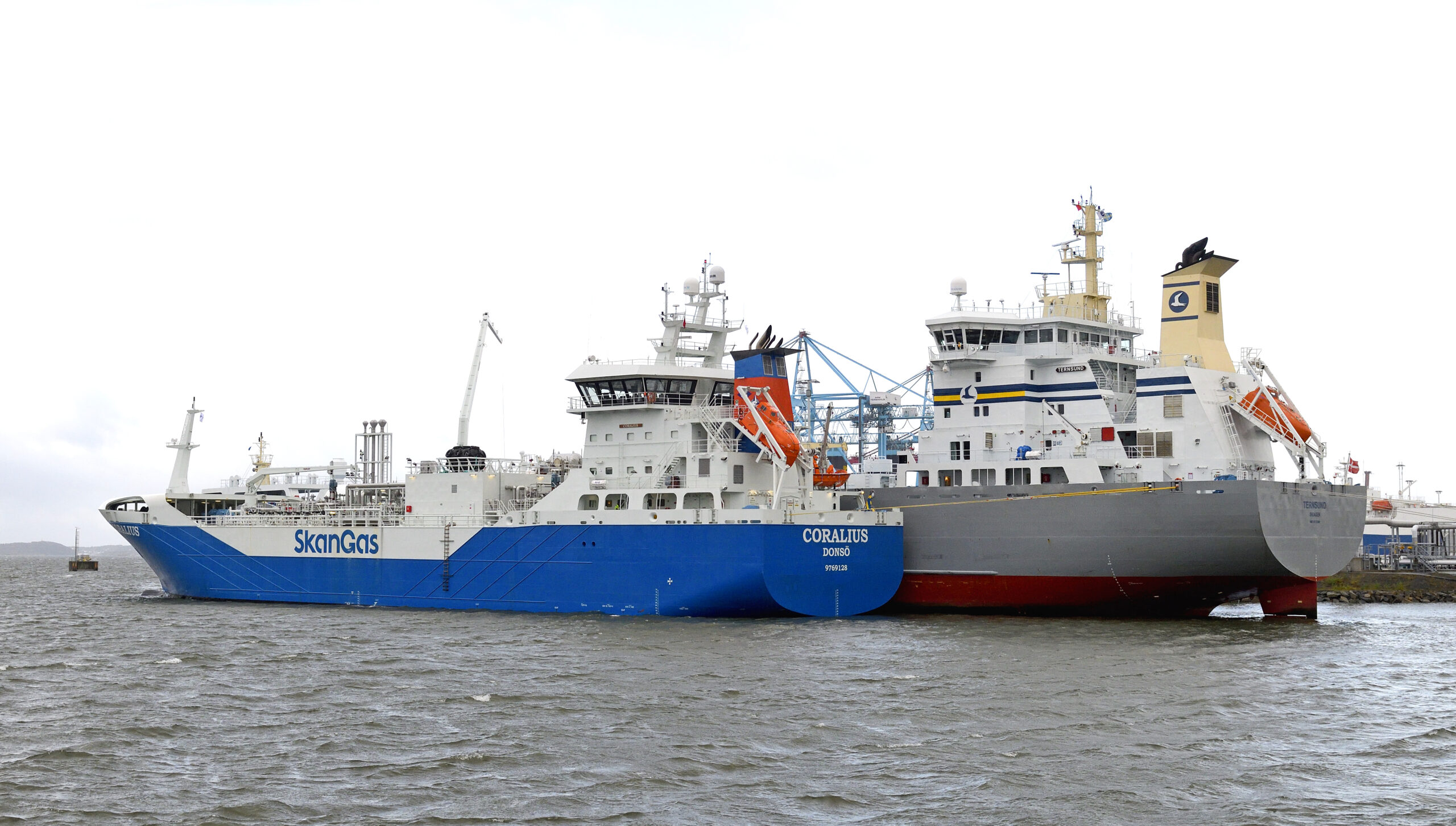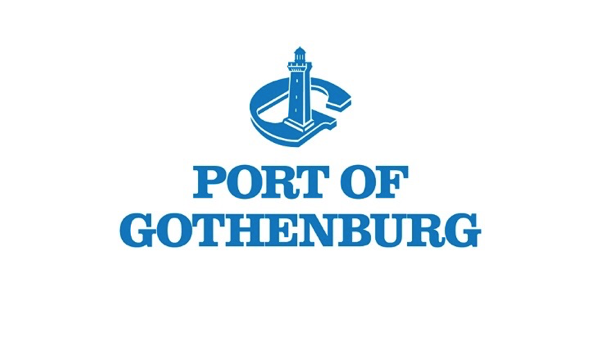Port of Gothenburg
Port of Gothenburg
The Port of Gothenburg has a long history of proactive environmental work, and an important part of this has been the support of and access to new alternative fuels that are more sustainable. Before the new regulations limiting sulphur emissions came into place, the Port of Gothenburg provided a bonus/malus system on their port dues that supported vessels using low sulphur fuel. At the same time, the port also supported the development of new detection systems in the form of “sniffers”, which have since been spread around the world to other port authorities. As part of the work to limit the sulphur emissions, the port also supported the development of Liquefied Natural Gas (LNG) as a fuel for shipping, and made sure to set rules and regulations in place to provide for safe bunkering of LNG. The port also provided a discount for vessels using LNG as a fuel which was then followed in 2019 by a discount for the blending in of Liquefied Biogas (LGB), thereby lowering not only the sulphur emissions but also the climate effects. The port continues to support the use of bio-based fuels through close cooperation with the refineries located in the port area, with an aim to increase the share of bio-based fuels. In 2015, the port saw the introduction of yet another alternative fuel, when methanol was introduced as a fuel for a RoPax ferry in Gothenburg. The number of different alternative fuels have since grown, and the port is currently involved in several innovative projects supporting both electricity, wind, hydrogen and ammonia as future fuels for shipping.
Image courtesy of Port of Gothenburg

